The survival of the RIAS – Center for the Recovery and Research of Wild Animals was «shaky» at the end of 2017, but, as happens with the many animals that pass through this place, at Quinta de Marim, in Olhão, it recovered from the “fright”.
The “threat” to the center happened because, at the end of last year, “the protocol with ANA-Aeroportos ended, within the scope of compensatory measures related to works carried out at the airport. Renewal of support was quite shaky, but at the end of May we had a positive response: the Airport of Faro will continue to support us for at least another year», told Fábia Azevedo, coordinator of the RIAS, to Sul Informação.
According to the official, the new protocol “is a great relief for us, because it is the basis of our operation. RIAS, which is the only wildlife recovery center in the South of the country, depends on this funding, which allows to pay three people and is half the money we need annually. Then, everything else is missing, so we are always looking for new patrons, projects and companies that want to support us».
Fábia Azevedo explains that, «without the support of the airport, we would have to close doors. Fortunately, we have an excellent relationship with them, we have achieved another year and are already working on the next one. We believe that there is also a desire for continuity».
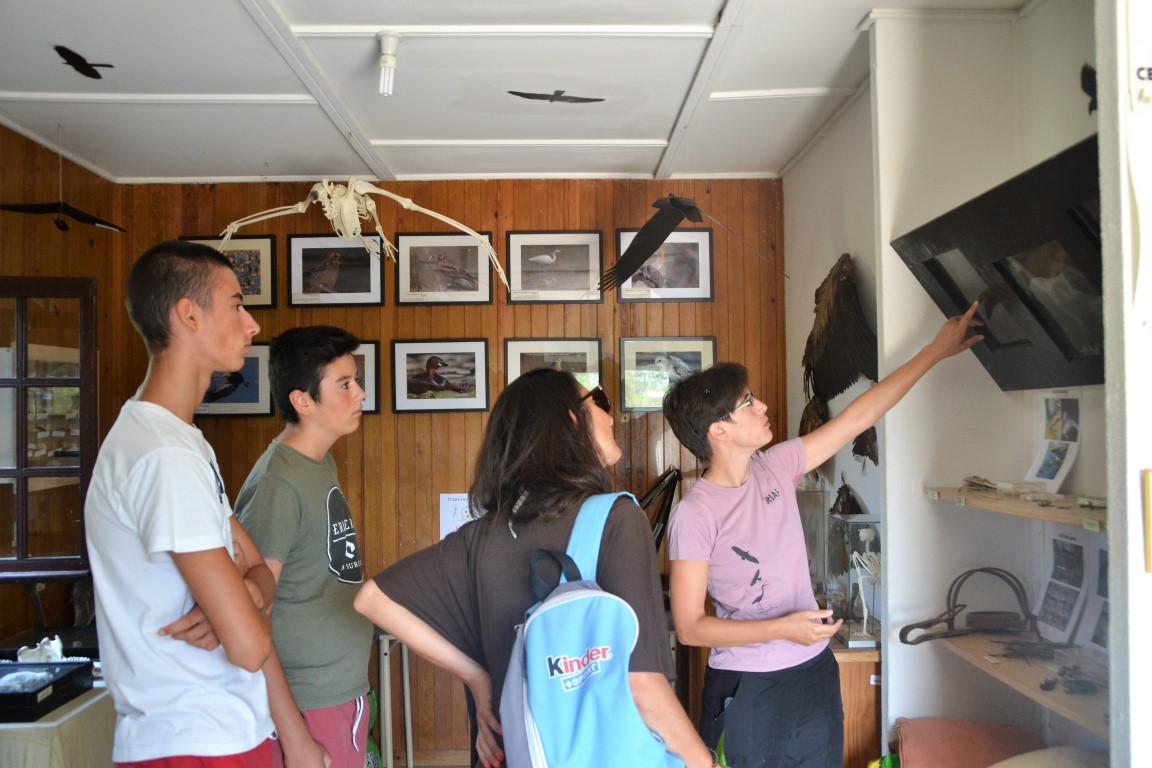
"Very important" support also arrives from other companies that, in some cases, allow a person to be hired. The coordinator of the center highlights the advantages for RIAS, but also for entrepreneurs who “can benefit from the environmental patronage law. From a certain amount that is donated, it will revert to the company's IRS. This is beneficial for them and for us».
The animals that go through the RIAS “thank you” and are more and more. In 2017, 1746 wild animals passed through the center and, this year, there were already more than 1200. Four of them, were victims of the Monchique fire.
This increase in animals is not, according to Fábia Azevedo, a reason for concern, on the contrary: «I don't think that the threats to wild animals have increased, or that there are more problems. This number, I believe, reflects the dissemination that we have made, over the last few years, of our work. We invest heavily in environmental awareness actions, dissemination actions and participation in events. This makes people increasingly aware of our work. They know we are here, how we function. They know who to contact when there is an injured animal and this is reflected in the numbers».
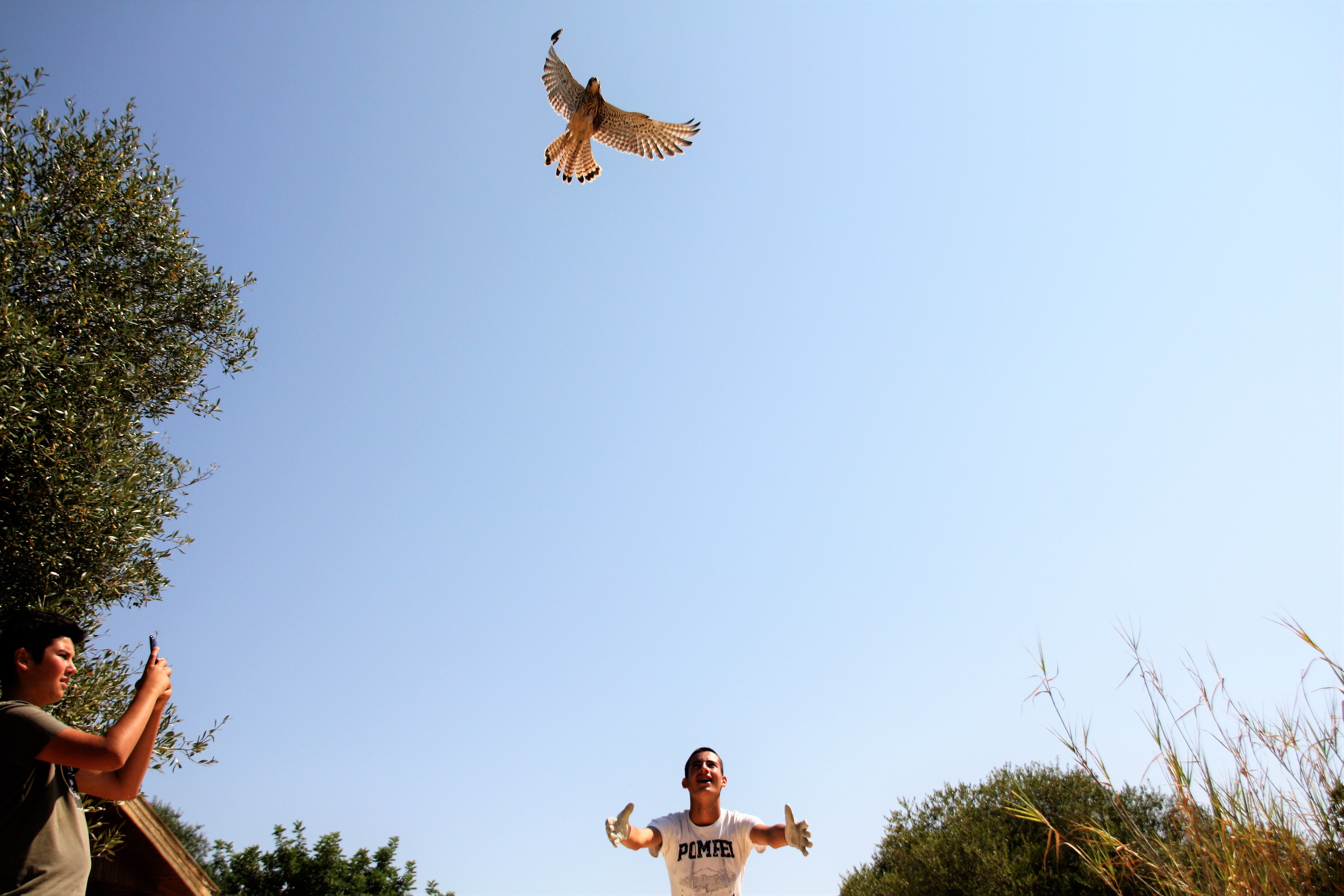
This knowledge of the RIAS means that there are many people interested in helping. In terms of volunteering, «we have all the vacancies occupied by the end of the summer of next year. We have many students who want to come learn from our work in the fields of biology and veterinary medicine. This is a good place to gain experience with wildlife, which is difficult in universities», explains Fábia Azevedo.
Interest in collaborating with the center also comes from across borders. “There are many foreigners who want to volunteer here. At the moment, we have two Spaniards and an Italian collaborating with us. We also receive volunteers from the European Volunteer Service, who come for a year. In September, four new volunteers from this service will arrive and they will be a precious help, because they stay for a year and, after two months, they are able to carry out all the tasks on their own».
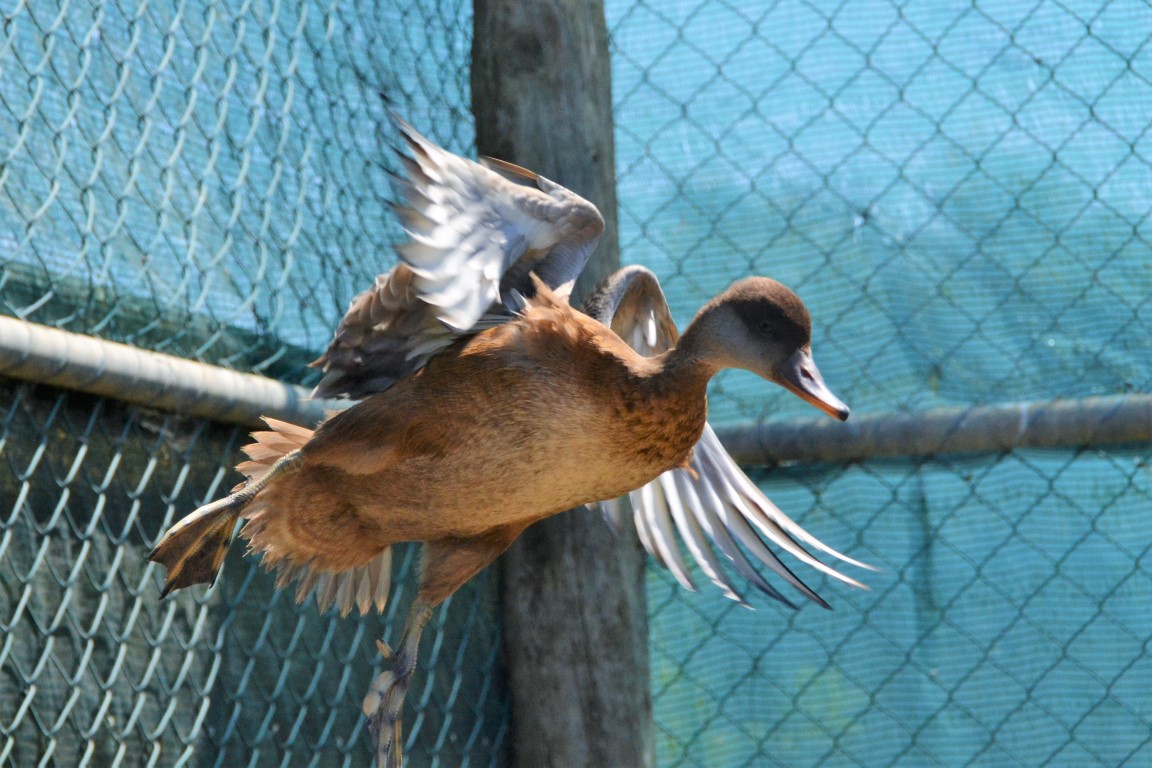
Among volunteers and employees, there are ten people working daily at RIAS. “Our team is made up of five people, including biologists, veterinarians and environmental technicians. In addition to this fixed team, there are five volunteers a day», explains Fábia Azevedo.
However, there are other, simpler ways to help this center. “In addition to companies, individuals can also support us through donations. We are always in need of feed, cleaning materials, detergents, or building materials».
There is also the possibility of sponsoring one of the center's animals, through a donation. In this case, the sponsors receive a certificate and are then invited to release the sponsored animal. “This is the biggest reward: returning to nature an animal that has passed through our hospital. Give it a second chance. It's an unforgettable moment».
It was one of those moments that Iris Lopes, Rui and Miguel Gonçalves lived when the Sul Informação was reporting on RIAS. On the 3rd of July, they found a kestrel on the porch of their house, in the Tridente Building in Faro.
The animal was injured, “we contacted the RIAS and brought it here. Now, about a month and a half later, they contacted us for the release», says Iris Lopes.
“It was a story with a happy ending”, he concludes.
Photos: Nuno Costa|Sul Informação
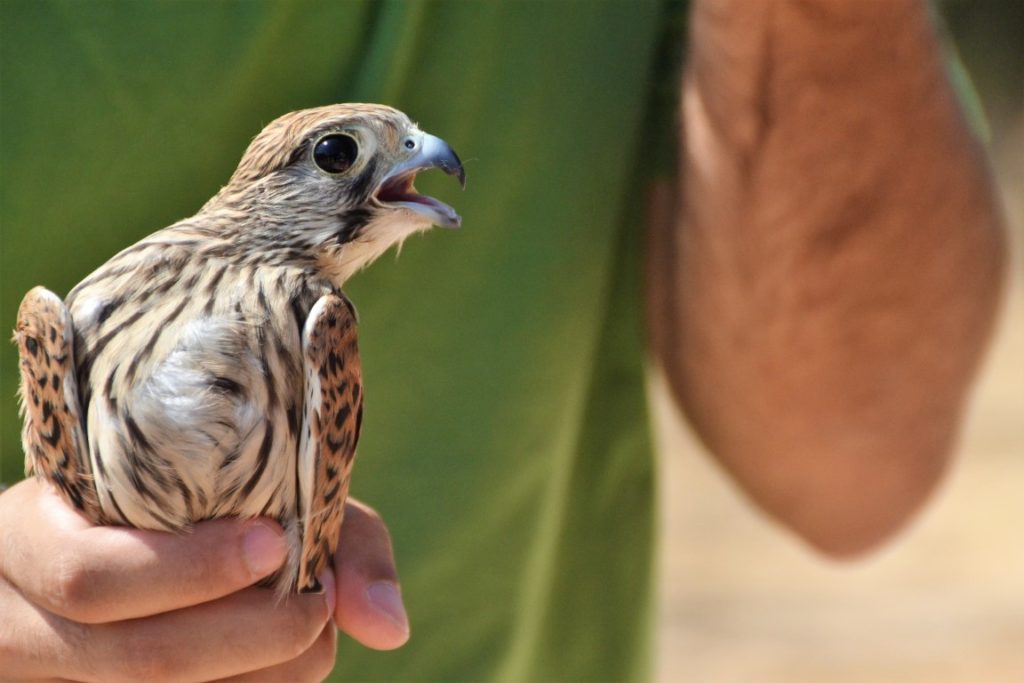
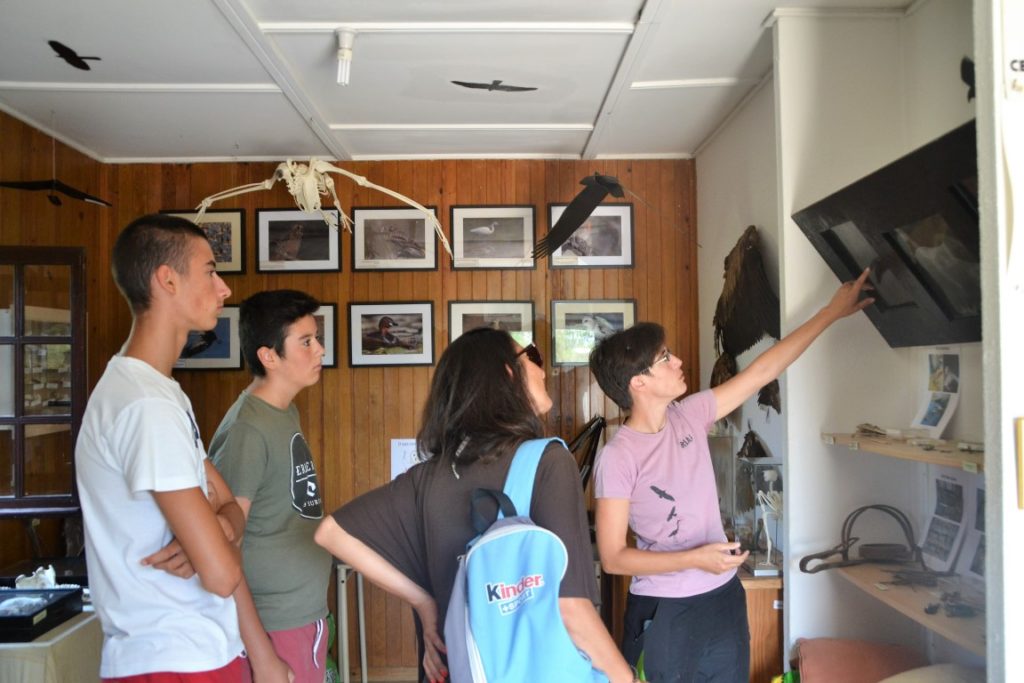
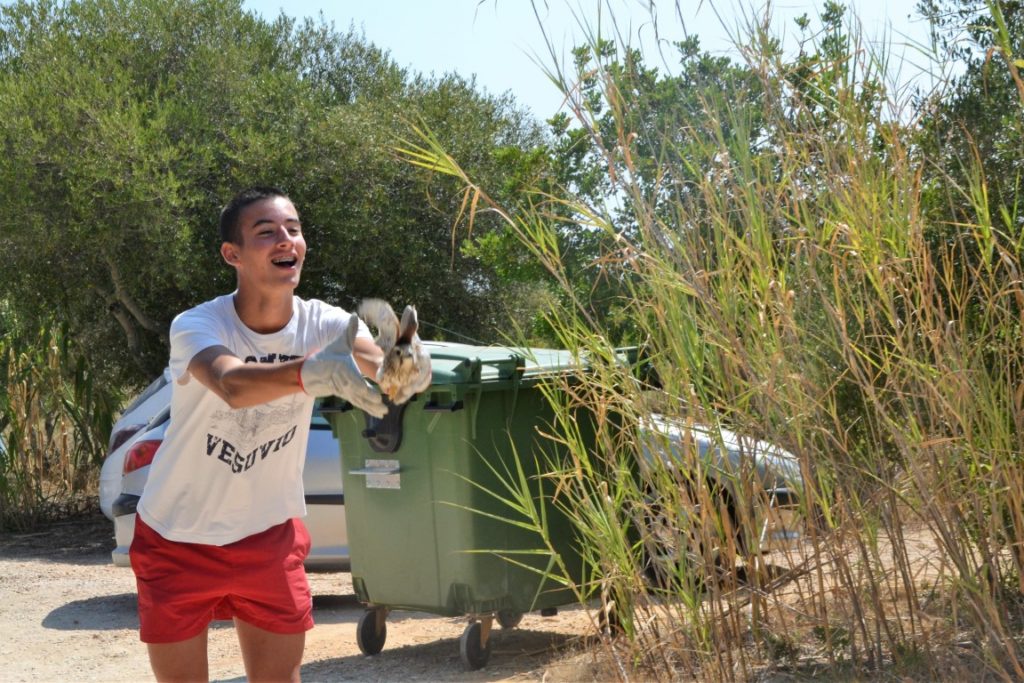
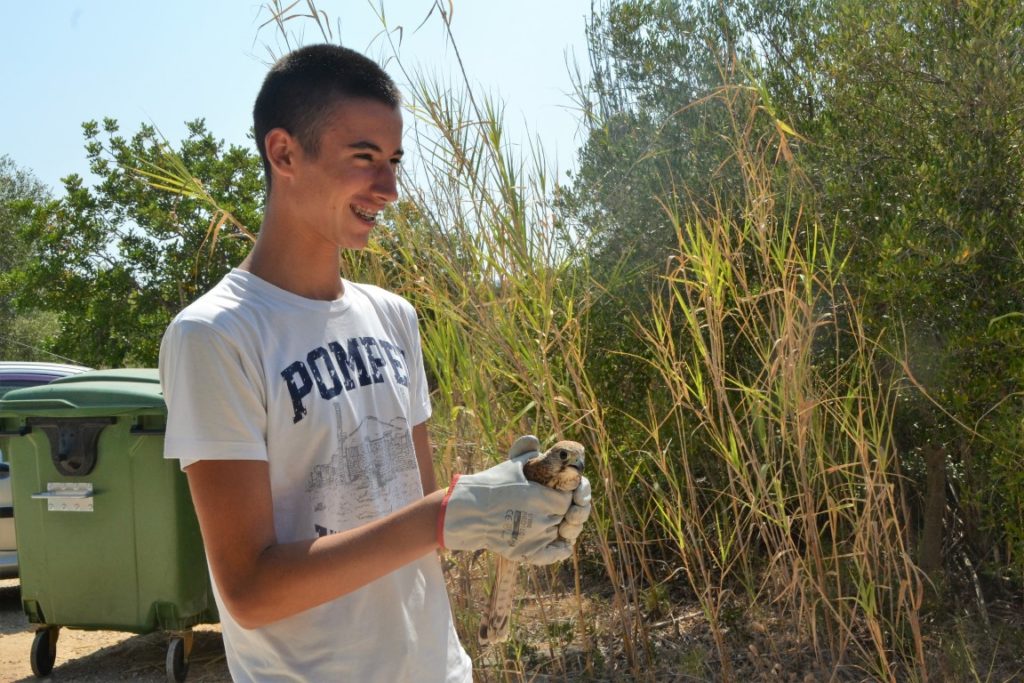
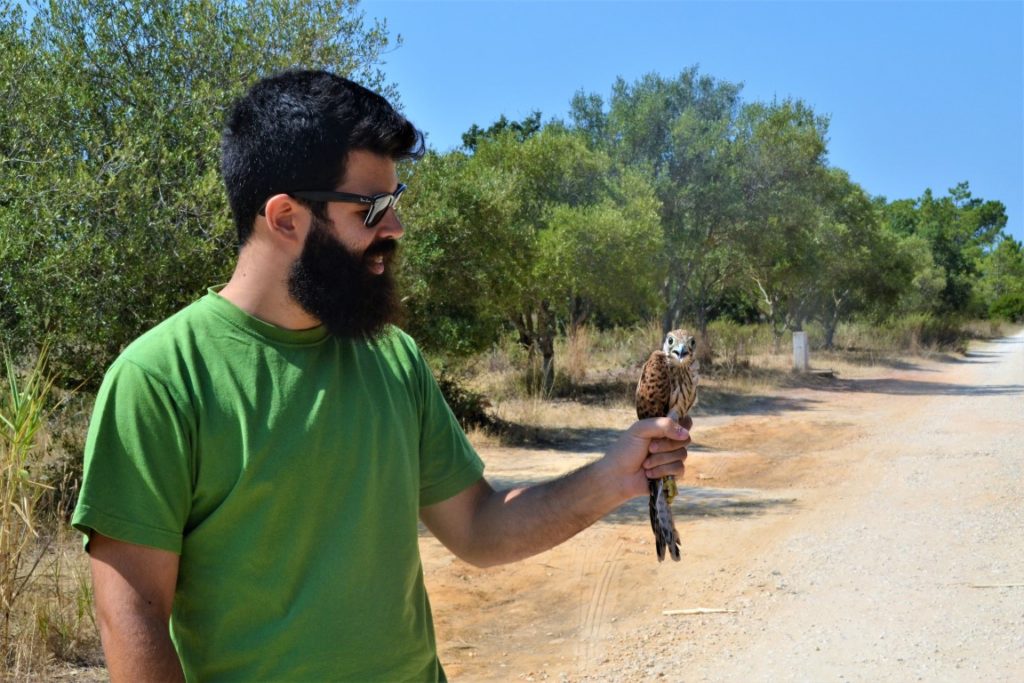
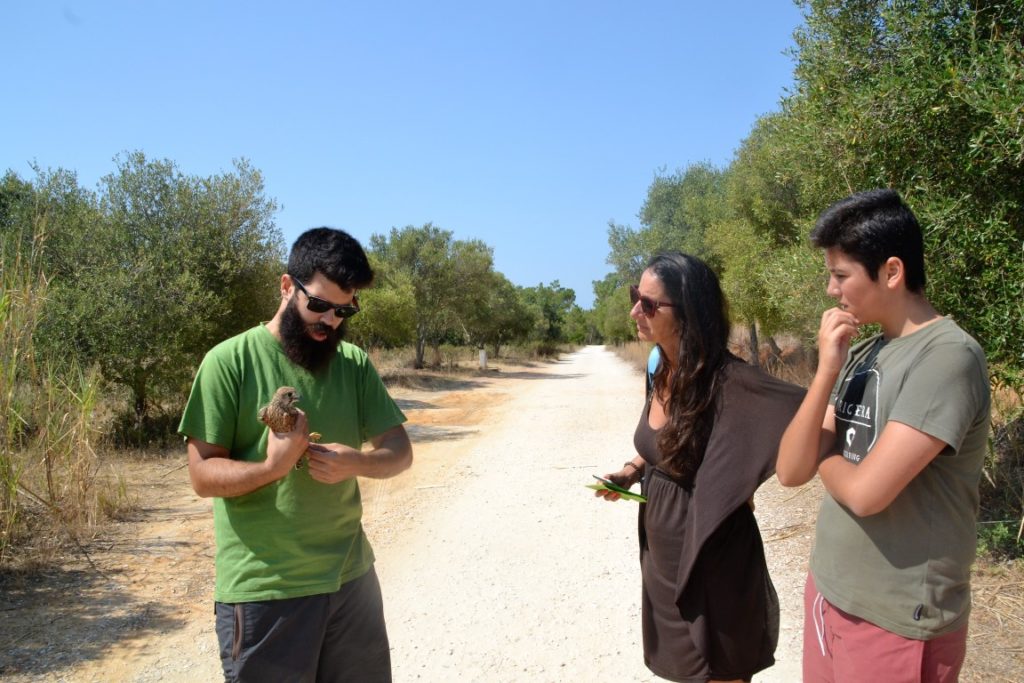
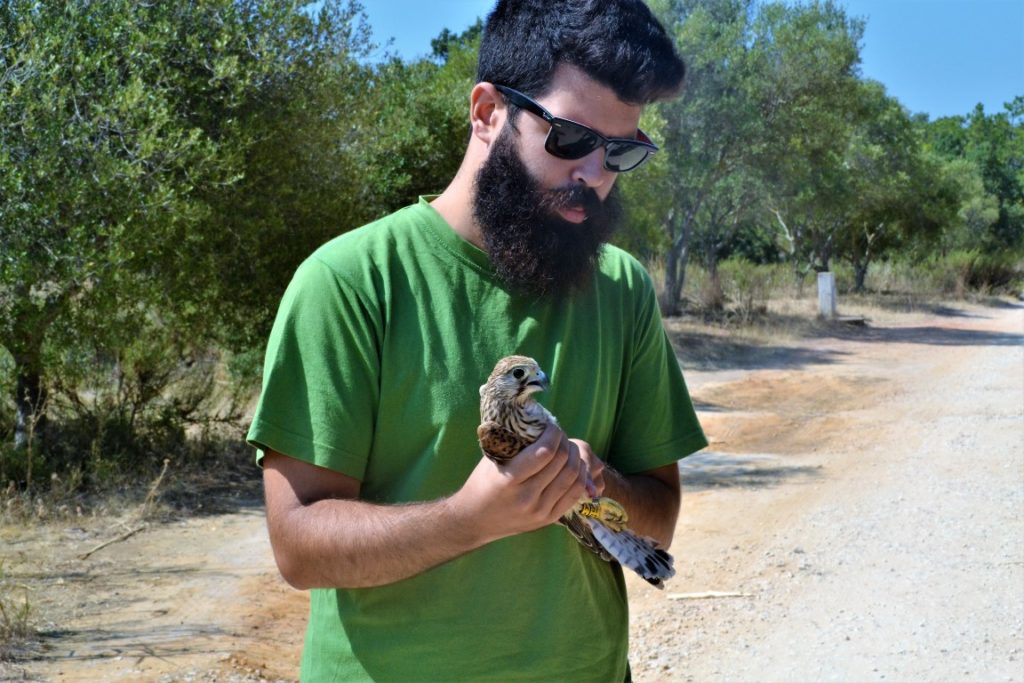
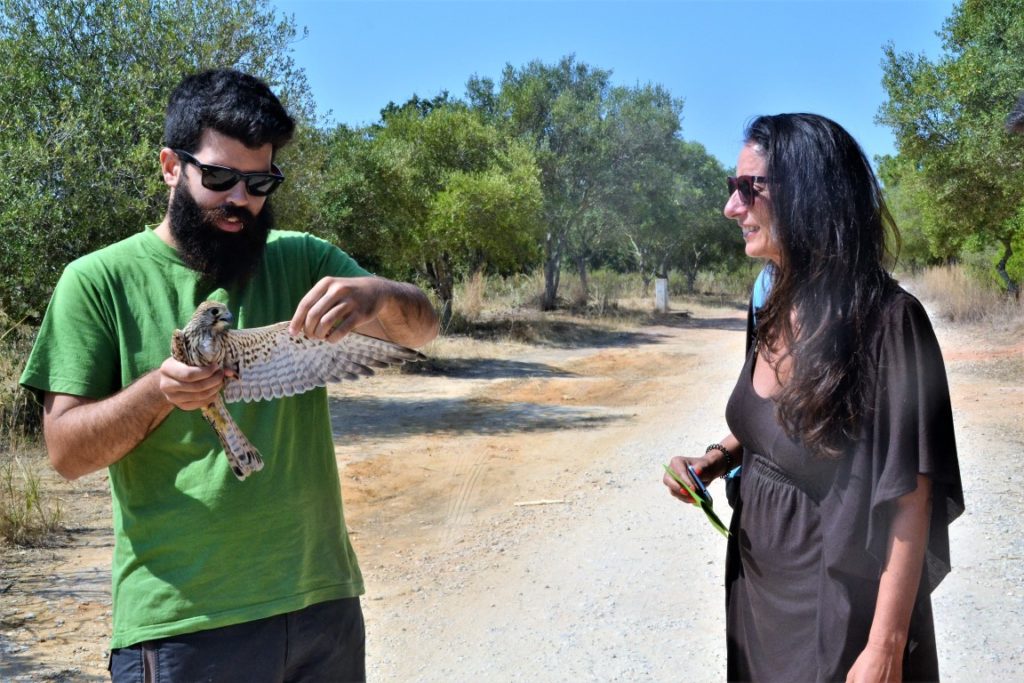
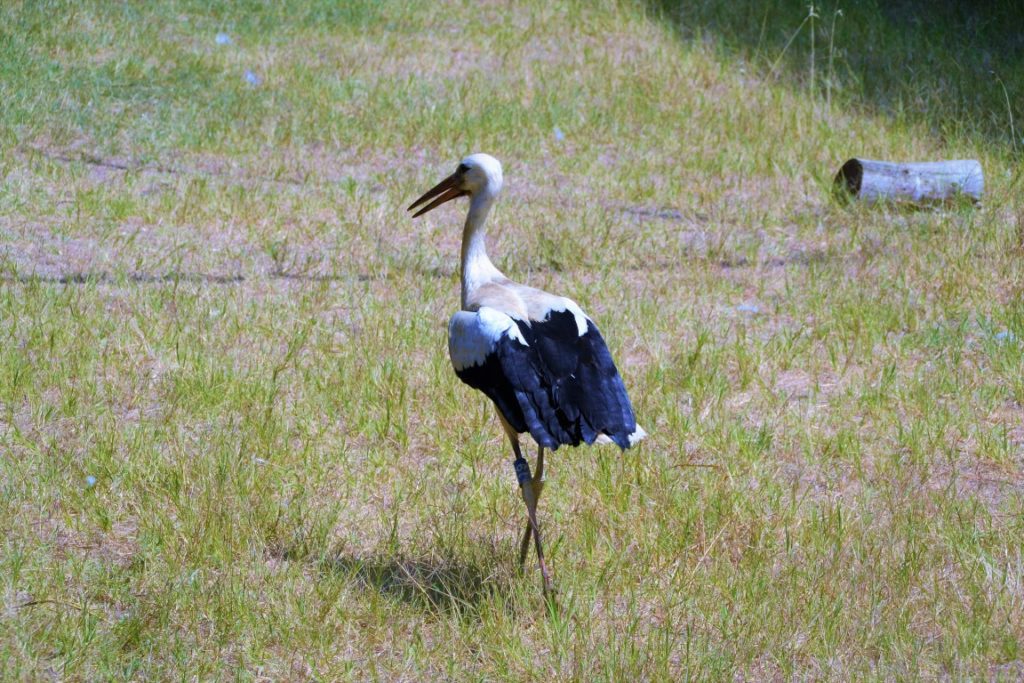
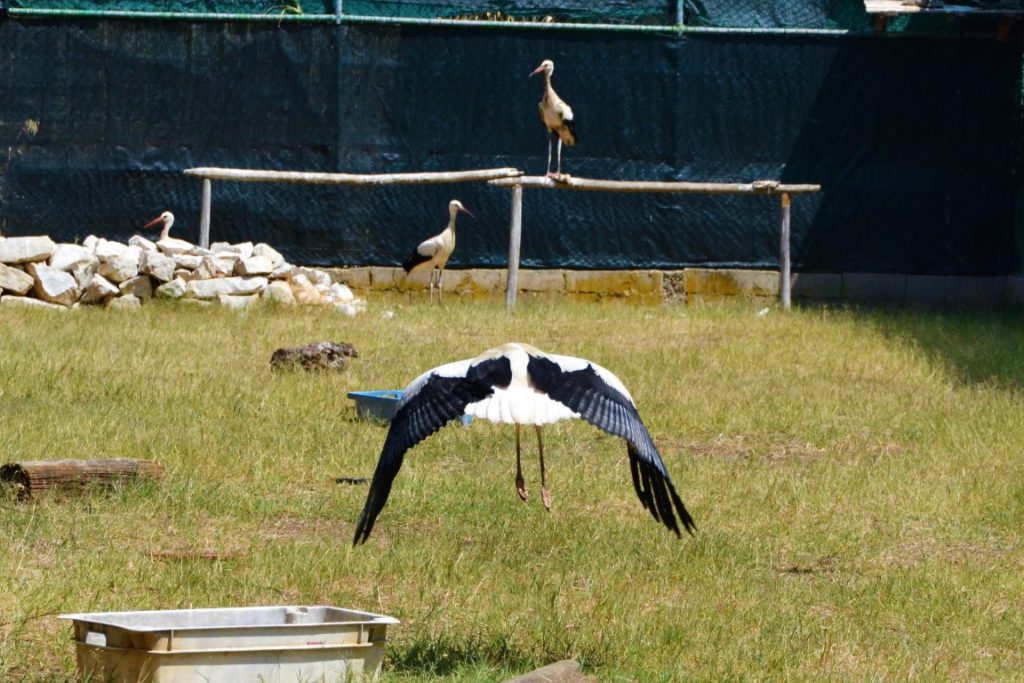
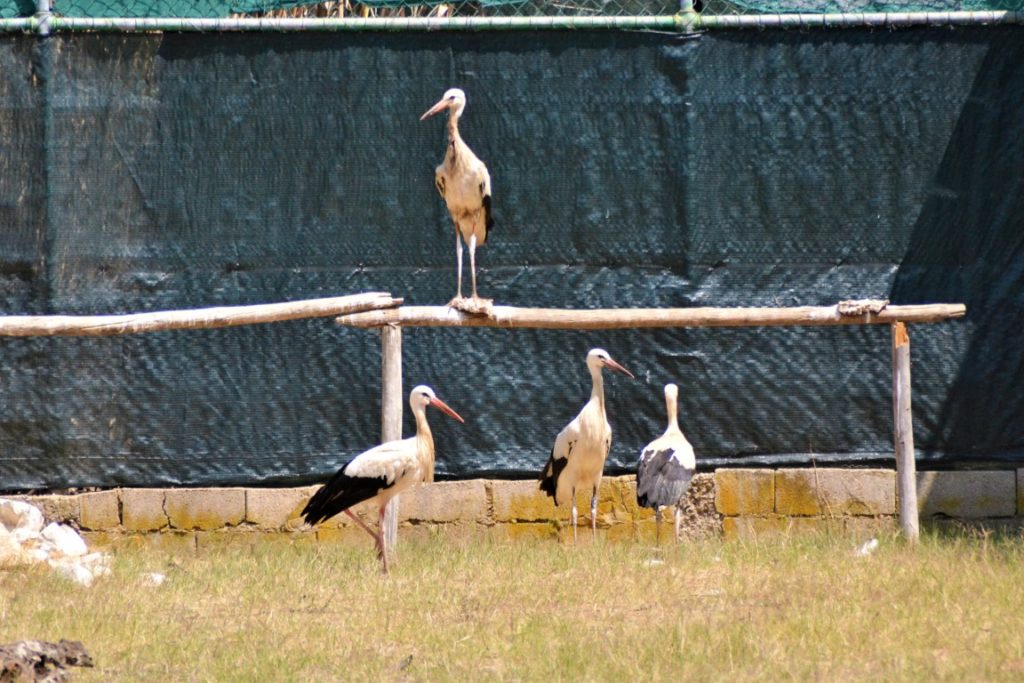
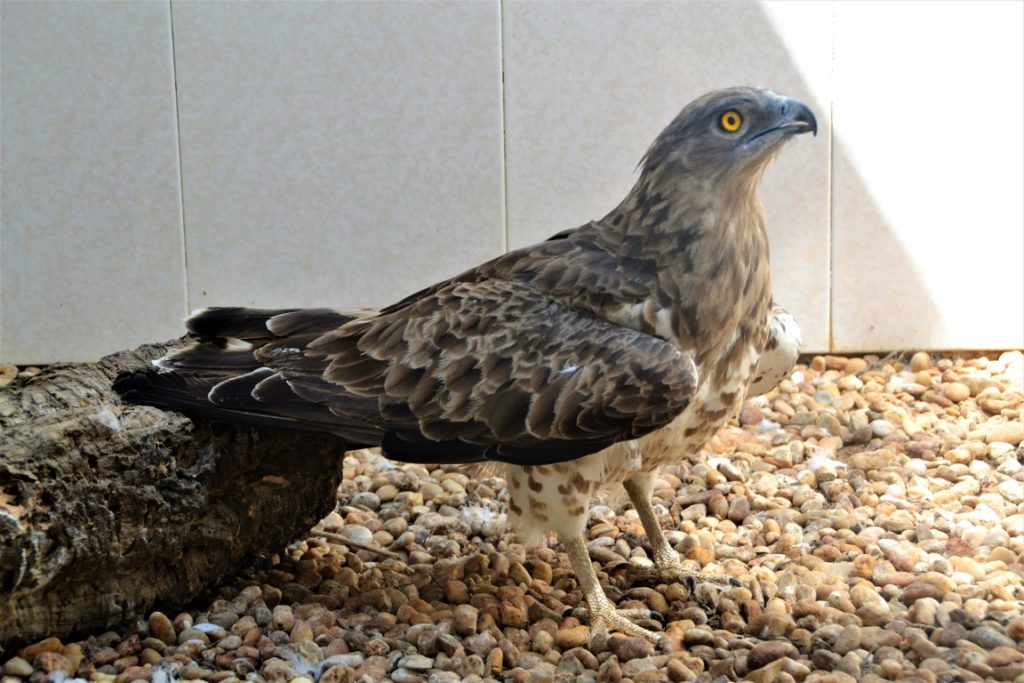
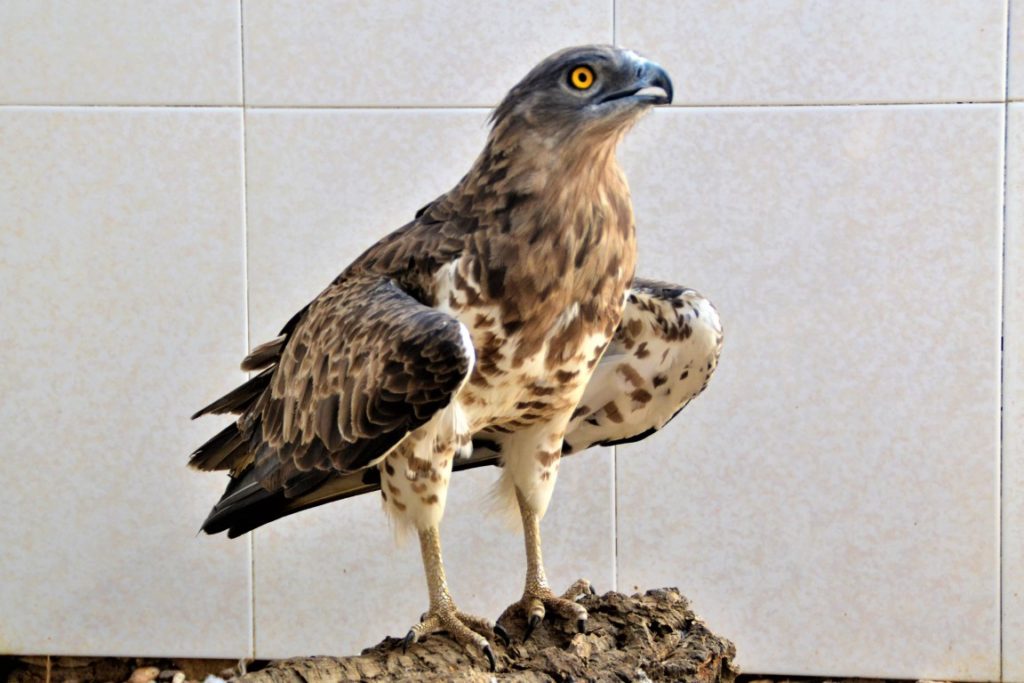
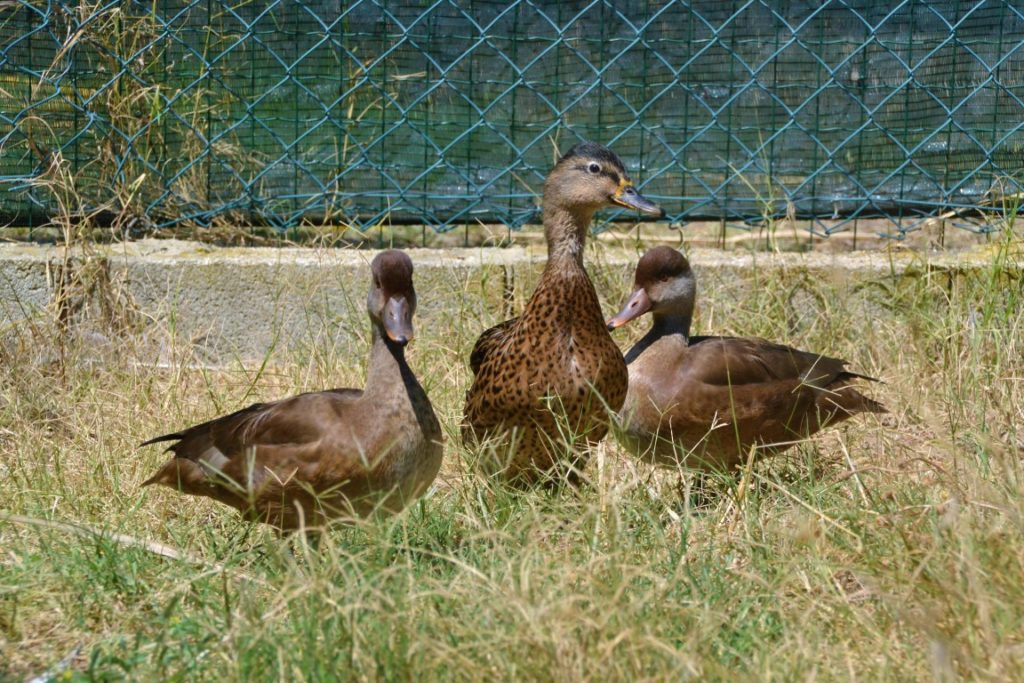
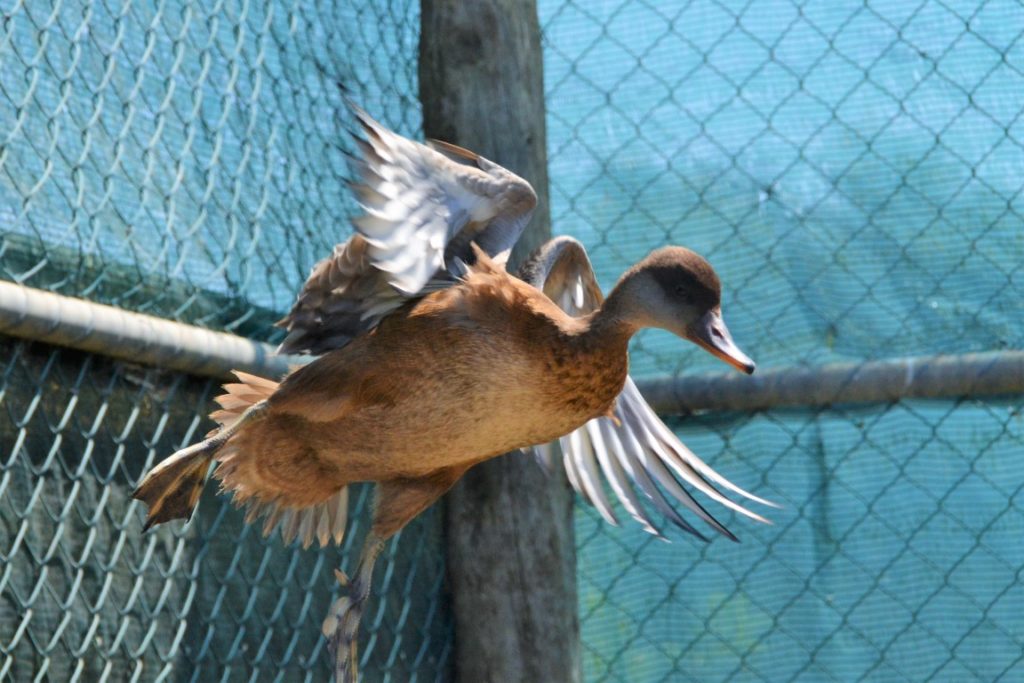
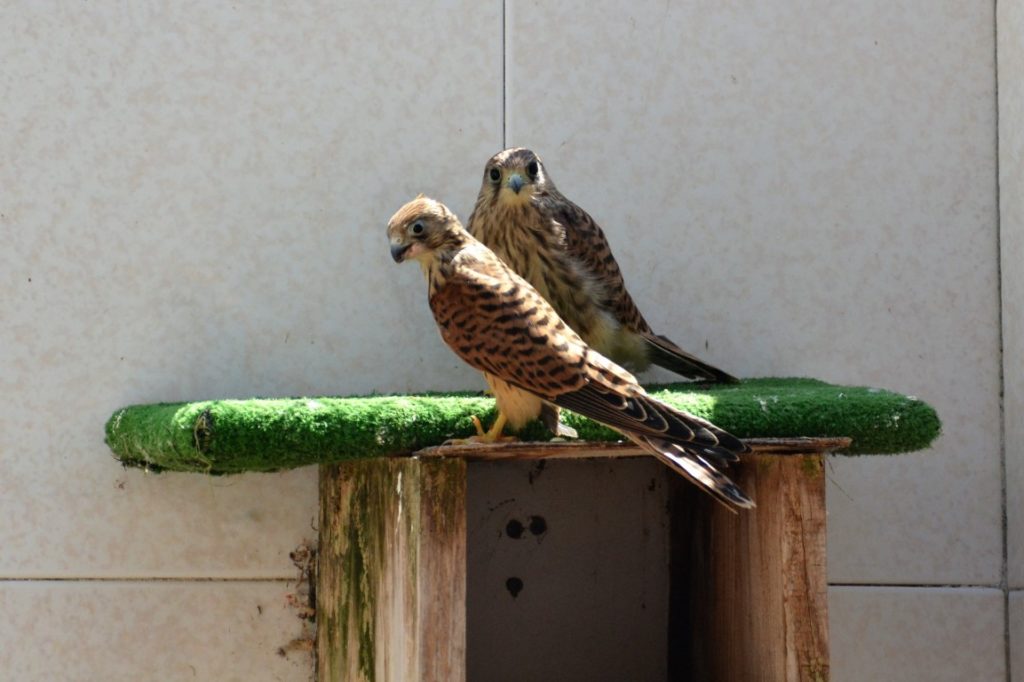


















Comments